Labor & Economy
Land of the Fee: How User-Funded Government Hurts Democracy
Did you know that one speeding ticket in Kansas could land you in jail? That’s what happened to David Jackson in 2011 after he couldn’t afford a $100 fine for speeding. Collection had been outsourced to a private contractor, and his bill quickly ballooned to $2,200 with court costs, jail fines and the contractor’s extra fees.

Did you know that one speeding ticket in Kansas could land you in jail?
That’s what happened to David Jackson in 2011 after he couldn’t afford a $100 fine for speeding. Collection had been outsourced to a private contractor, and his bill quickly ballooned to $2,200 with court costs, jail fines and the contractor’s extra fees.
“It’s illegal to be poor,” Jackson said.
All the while, the contractor, Linebarger Goggan Blair & Sampson, which does $1 billion in business every year, skimmed profits off the top.
Jackson’s story illustrates an alarming trend. Instead of raising taxes to pay for crucial public goods and services, state and municipal governments have increasingly outsourced services to corporations that then charge people directly. The corporations, which often don’t charge the government for their services, profit by tacking on extra fees.
For example, in all but one state, people ordered to wear a GPS ankle monitor as they await trial are often forced to pay for it themselves—as high as $40 a day. Those who can’t afford the fee can be sent back to prison or jail.
By shifting the burden from society as a whole to the backs of individuals, this “user funded” model of contracting upends the role of government.
Should government help reduce inequality or make it worse?
We at In the Public Interest recently released How Privatization Increases Inequality to draw attention to the ways, including “user funded” government, that privatization is making things worse. The report shows that handing over control of things like education, transit and water to the private sector increases inequality and racial segregation.
Over the next few weeks we’ll share more stories like David Jackson’s from the report. It’s difficult to see how issues like charter schools and private prisons are related. But privatization in its many forms has been a key driver of today’s historic inequality.
We hope How Privatization Increases Inequality allows you to see the forest for the trees, so to speak.

-
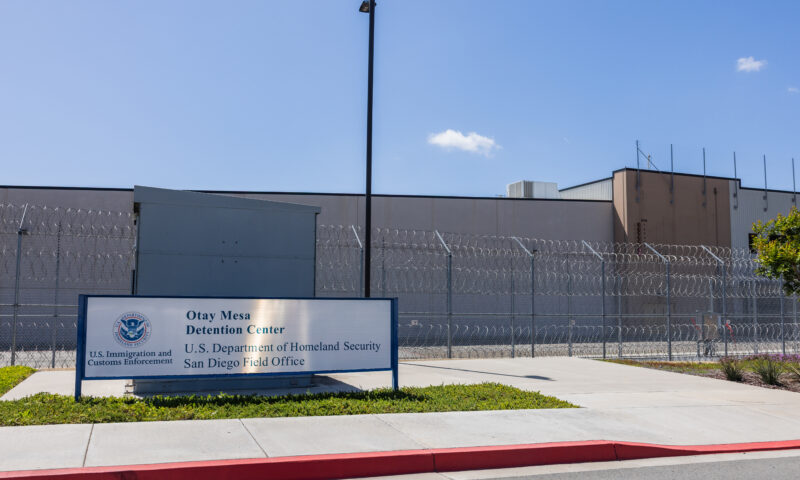
 Latest NewsOctober 14, 2025
Latest NewsOctober 14, 2025People in ICE Custody Face Invasive Strip Searches After Visits With Loved Ones
-
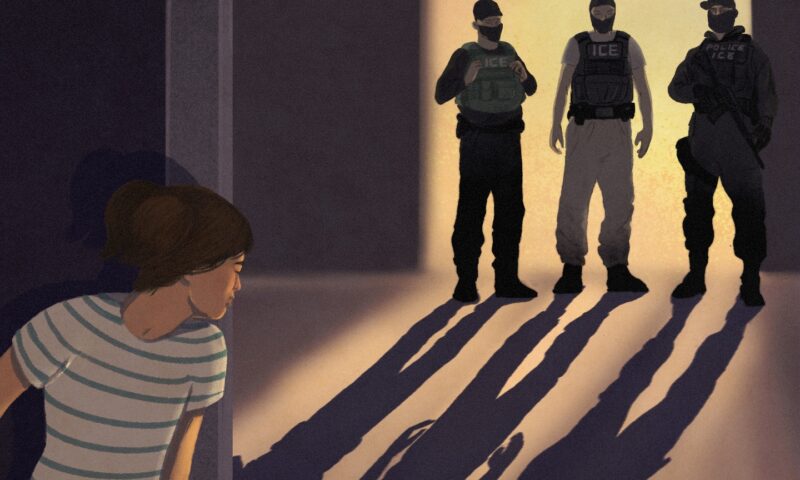
 Column - California UncoveredOctober 14, 2025
Column - California UncoveredOctober 14, 2025‘They Just Took You Away’
-
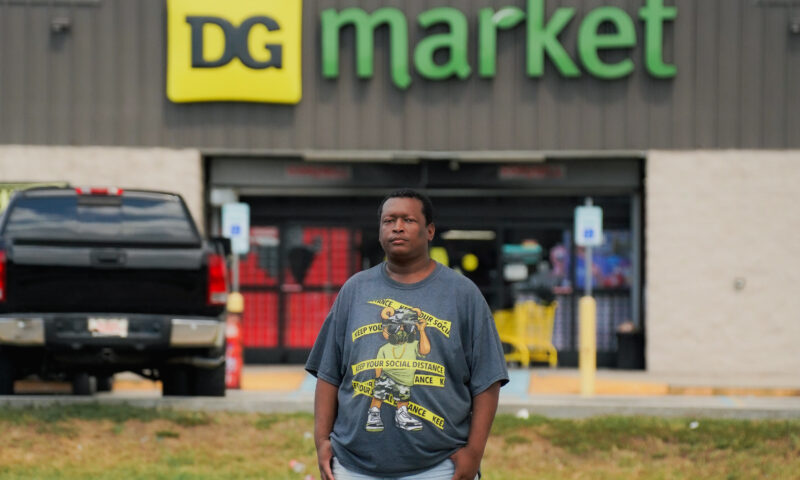
 Striking BackOctober 15, 2025
Striking BackOctober 15, 2025Dollar Store Workers Fight to Improve Jobs, Even Without a Union
-
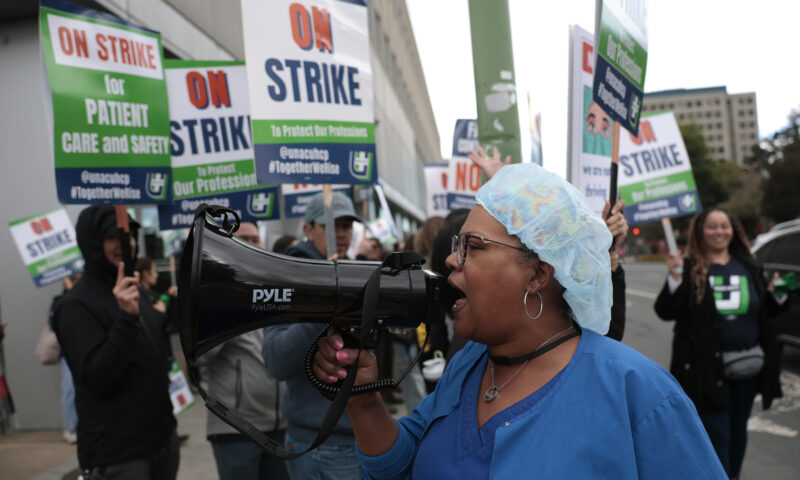
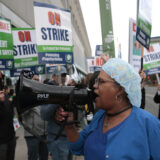 Column - State of InequalityOctober 16, 2025
Column - State of InequalityOctober 16, 2025Five-Day Strike by Kaiser Permanente Workers Is About More Than Money
-

 Pain & ProfitNovember 3, 2025
Pain & ProfitNovember 3, 2025Despite Vow to Protect Health Care for Veterans, VA Losing Doctors and Nurses
-

 The SlickOctober 17, 2025
The SlickOctober 17, 2025Oil and Gas Companies Used Banned Toxic Chemicals Near the Rocky Mountains
-

 Latest NewsOctober 20, 2025
Latest NewsOctober 20, 2025The Farm-to-School Model Is Under Threat
-

 Latest NewsOctober 29, 2025
Latest NewsOctober 29, 2025‘I’ve Never Seen Anything Like it.’ Aggressive ICE Raids Led One Man to Ask: Should I Self-Deport?

